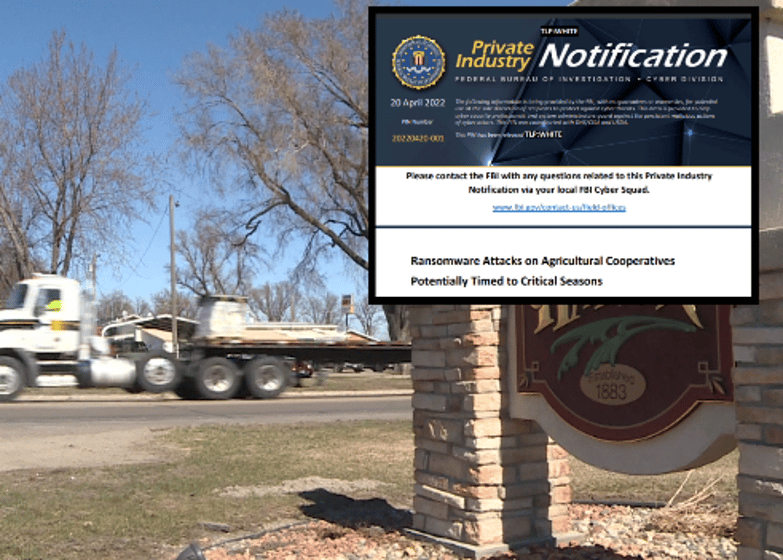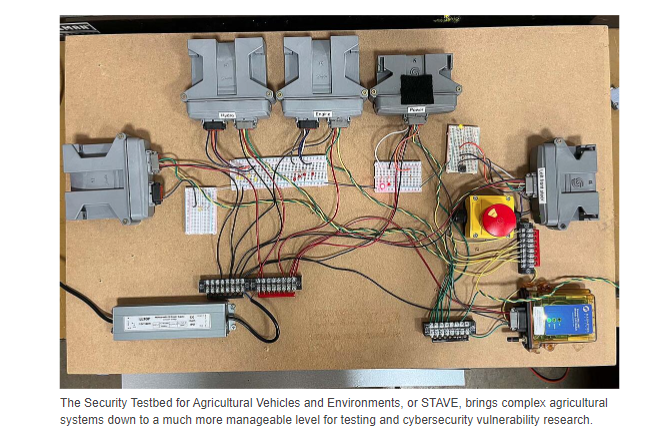FBI farm security alert finds NU touting new defense

On the heels of an FBI alert warning farmers to be on the lookout for ransomware attacks during planting and harvest a new University of Nebraska cybersecurity program is touted as one key defense.
University researchers and federal authorities note worst case scenarios such as large equipment carrying dangerous chemicals taken over putting nearby cities and towns at risk or attacks on grain operations where poisons put both humans and animals in jeopardy.
To stop such attacks before they start NU has developed plans to boil down testing of complex farm systems and machinery to detect vulnerable areas.

According to the FBI, in the last two years alone there were four major ransomware attacks against six grain co-ops, with some of the six forced to stop production for an unsaid period of time.
- In March 2022, a multi-state grain company suffered a Lockbit 2.0 ransomware attack. In addition to grain processing, the company provides seed, fertilizer, and logistics services, which are critical during the spring planting season.
- In February 2022, a company providing feed milling and other agricultural services reported two instances in which an unauthorized actor gained access to some of its systems and may have attempted to initiate a ransomware attack. The attempts were detected and stopped before encryption occurred.
- Between 15 September and 6 October 2021, six grain cooperatives experienced ransomware attacks. A variety of ransomware variants were used, including Conti, BlackMatter, Suncrypt, Sodinokibi, and BlackByte. Some targeted entities had to completely halt production while others lost administrative functions.
- In July 2021, a business management software company found malicious activity on its network, which was later identified as HelloKitty/Five Hands ransomware. The threat actor demanded $30 million USD ransom. The ransomware attack on the company led to secondary ransomware infections on a number of its clients, which included several agricultural cooperatives.



